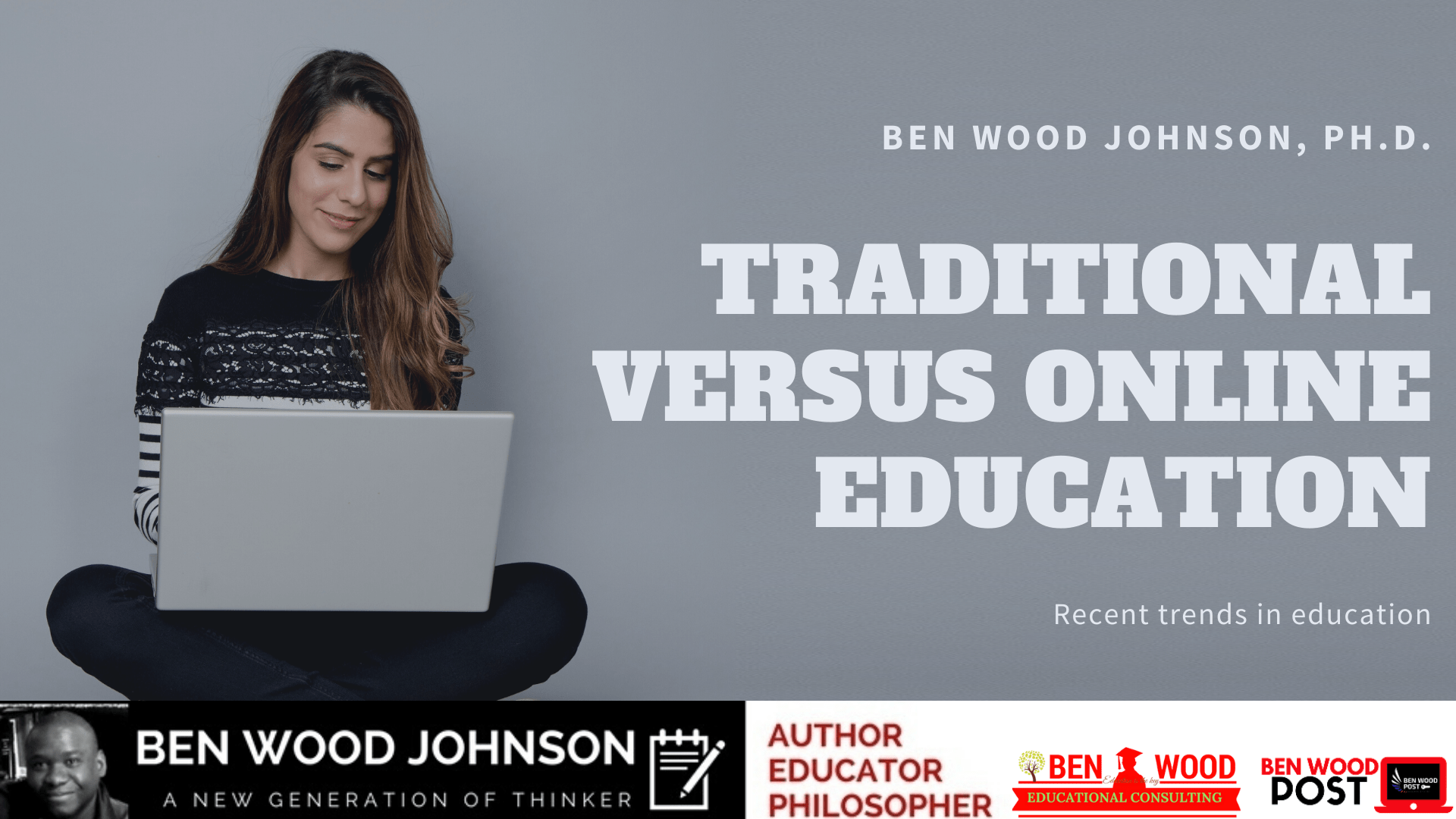Recent trends in education.
In recent years, technology has had a strange effect on education. Slowly, but surely, online education has become a part of traditional educational rituals. This form of education is everywhere now. They incorporate it in every facet of student learning.
Nowadays, a student does not have to leave his house to be in a classroom. Virtual learning is so popular these days, it is even worrisome. An important twist in the story of education is worth mentioning here.
The coronavirus pandemic has made the use of online education even more pervasive in student life than before. But this approach to education is not perfect, though most educators see it as a great alternative to face-to-face learning (i.e., traditional education). I do not think online learning is a fitting replacement for traditional education. Let us consider a few issues.
Online education.
First, let us look at the benefits. For instance, online education is convenient. In most cases, it is easy. It can be accessible. However, a few drawbacks are worth mentioning.
Online education is not as hype as you would think. In fact, it can be burdensome. For instance, online education can be a time-consuming effort. It requires more from the learner than from the teacher. Assignments can be overburden.
Online education, in all its glory, is invasive. There is no time off for the learner. He or she is always in school. Overtime, this reality could have a negative impact on the psyche of the learner. Thus, the psychological drawbacks of online education are scary.
Anyhow you look at it, online education can be a pain in the…you know what…
The coronavirus and online learning.
Since the start of the coronavirus pandemic, many American schools have shifted to online learning. Students receive daily assignments from their respective classes. But this unanticipated change in education has been a pain for both parents and students.
Parents no longer enjoy the peace of mind of knowing that their child is somewhere safe during the day. Students are at home. Aside from the logistical issues that come with having your child at home all day long, a few pedagogical issues are also worthy of note.
Lost of control.
Most parents have little or no control over their kids when they are at home. The TV is there; the internet is on; the game console is within reach; the smart phone is handy. Most kids think they do not have an obligation to do anything related to school. I don’t blame them.
Parenting versus school custodian.
Parents are not, and could never be, a substitute for school professionals. In most instances, parents cannot act as school principals or school teachers. It is too much to ask parents. Parenting is hard enough.
Fending for the self.
Students are left to fend for themselves. Parents often leave their child without adequate supervisions. As a result, students are likely to lose interest in their own learning.
In online education, the line between good and bad students is blurry. In some extreme cases, students learn nothing at all. Even the best students struggle with certain online assignments.
Overwhelming tasks.
As an adult, online education can be overwhelming. How do you think students feel when they are forced to sit behind a computer to do things they could have done in the shortest amount of time, had they been inside the classroom? Think about it for a second.
For most students, there is no difference between weekdays and weekends. With online learning, there is always an assignment to complete. For these students, online education can feel unnecessarily overwhelming.
Little learning benefits.
Another important drawback to consider in online education is that it does not improve learning, at least there is no evidence to suggest otherwise. I would not say that online education does not work. But it needs to be refined a bit more if it is going to be a part of the student learning experience.
A substitute for traditional schooling.
Schools these days treat online education as a go-to-response to traditional educational needs. However, there is a world of a difference between the two settings. One is for convenience; the other is for consistency in the learning process. Guess which one is what…
If current trends in online education continue, they could force students to attend classes only from home. When schools face issues, such as budget problems, shortage in teaching staff, security threats, or other issues, online education could become a tempting alternative to finding sustainable solutions.
You might think there is nothing wrong with online schooling. But as noted above, there are plenty of issues to consider, for one approach to education is diametrically different from the other. Thus, we could not substitute one form of learning for the other willy-nilly.
A sensible approach.
Cert, attending school from the comfort of one’s bedroom is not such a terrible idea. However, doing so must be a choice and not a compulsion. While I am not a big fan of confinement (in any way, shape, or form), I believe in traditional education.
Despite its flaws, traditional education has some benefits, which both parents and students enjoy. Online education, on the other hand, takes those benefits away. This approach to education is not good for students, at least not in the long run. It is not good for parents. It is not good for schools. It will not be good for society.
We must take a sensible approach. There is a need to consider the potential harms that online education could have on student learning. We must also reconsider the reason traditional education came about in the first place.
The future of education.
Yes, online education is convenient. But that is all that it is…convenient. We must understand what we are losing in the name of that convenience.
While being confined in a classroom could become a thing of the past, online education is not necessarily the future of education. If we could not make similar considerations, being in school would be a mere formality, which public school officials or politicians alike would not hesitate to forego. But if that were to be the case, it would be bad for everyone.
The question is, what consequence would online education have on the individual or the collective? I am not sure. Are you?




